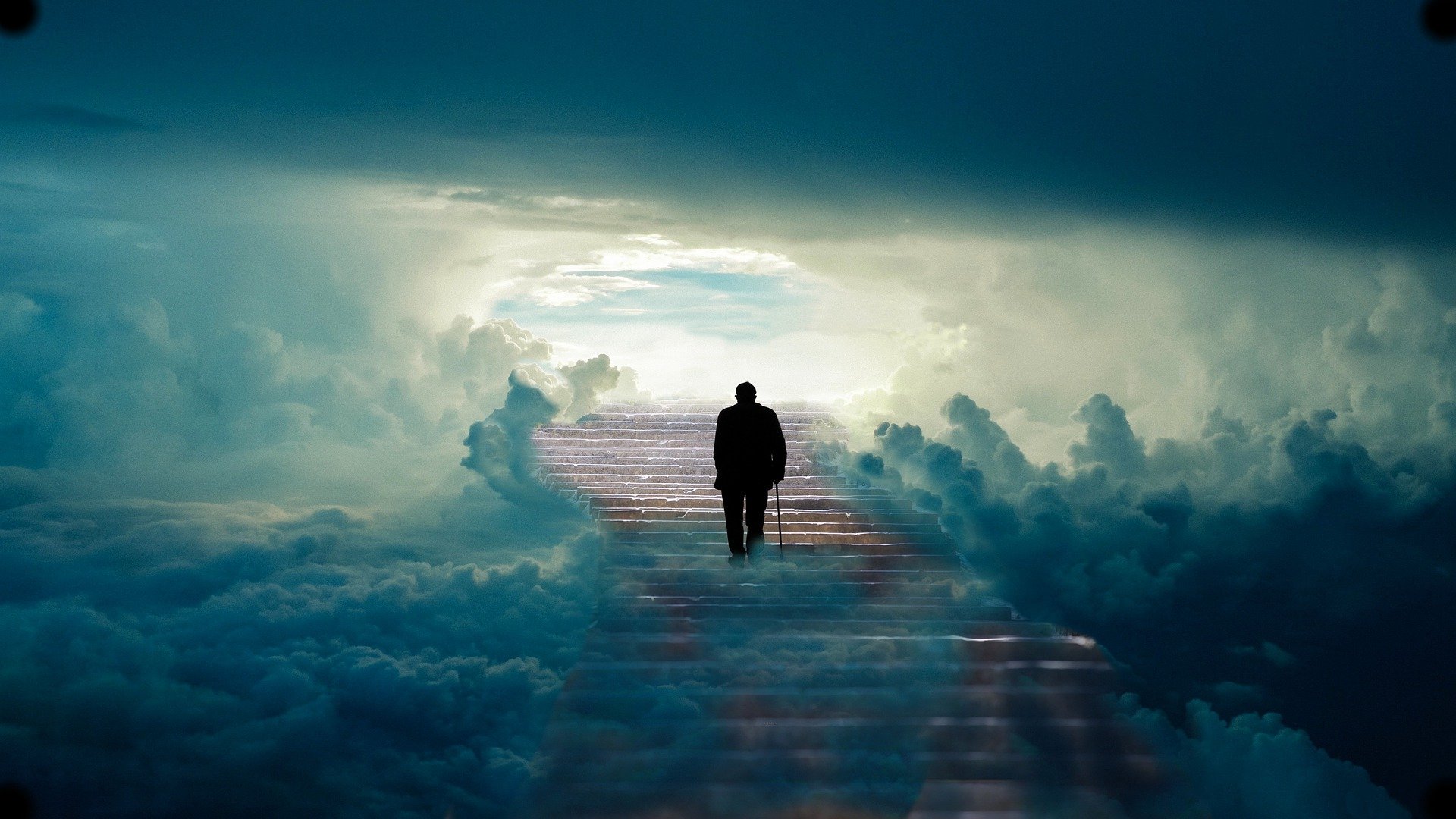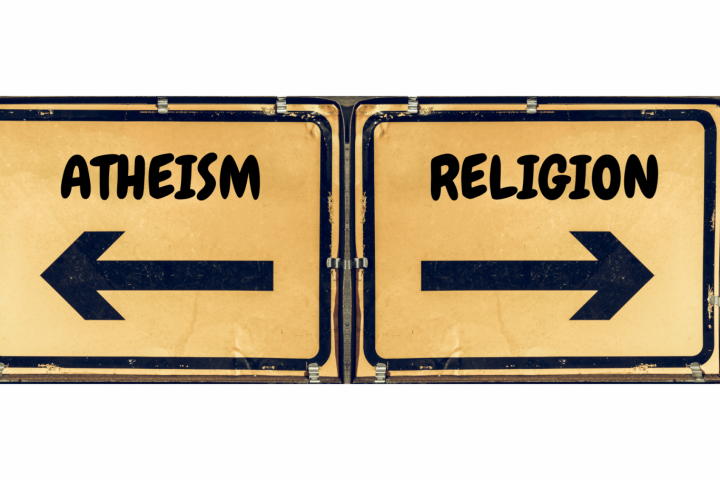From primordial tribes to those who acknowledge the existence of a higher power, practically all religions and intellectual ideas hold to the notion that there is an afterlife. Thoughts on the nature and particulars of this life after death vary.
A sense of justice is among the most fundamental human drives. People frequently experience a sense of injustice in their own lives or in the world at large and hold on to the hope that justice will eventually be served.
Heaven is frequently portrayed as a place of solace and solace for people who have battled and suffered on earth. For many who have struggled to find happiness in the real world, it is a place of beauty and joy. On the other side, hell is thought of as a realm of torment for those who disobeyed the divine commandments and carried out evil crimes. Additionally, it is the place where individuals who have mistreated people in the past but escaped punishment in this life would eventually receive justice.

The belief in an afterlife, heaven, and hell is not just a theoretical construct, but a deeply held conviction for many people across the globe. Religions of all kinds, despite their historical origin and geographical separation, believe in some form of afterlife and the concept of reward and punishment based on one’s actions in life. This idea of a second existence, where the virtuous and righteous are rewarded, and the belief in life beyond death bring comfort and meaning to those who struggle with the limited conclusion of life ending with death. The similarities in religious teachings, despite their disparate origins, along with personal experiences and testimonies, further reinforce this belief and make it a fundamental part of individuals’ spirituality.
Heaven and Hell in Sumerian Thought
The Sumerians are thought to have left the oldest recorded accounts of heaven. According to archaeological findings the Sumerians believed in an afterlife where the spirit continued to live after death, with a hell where those who had done wrong in this life would be punished and a heaven where virtuous would be rewarded.
The Egyptians’ Concept of the Afterlife
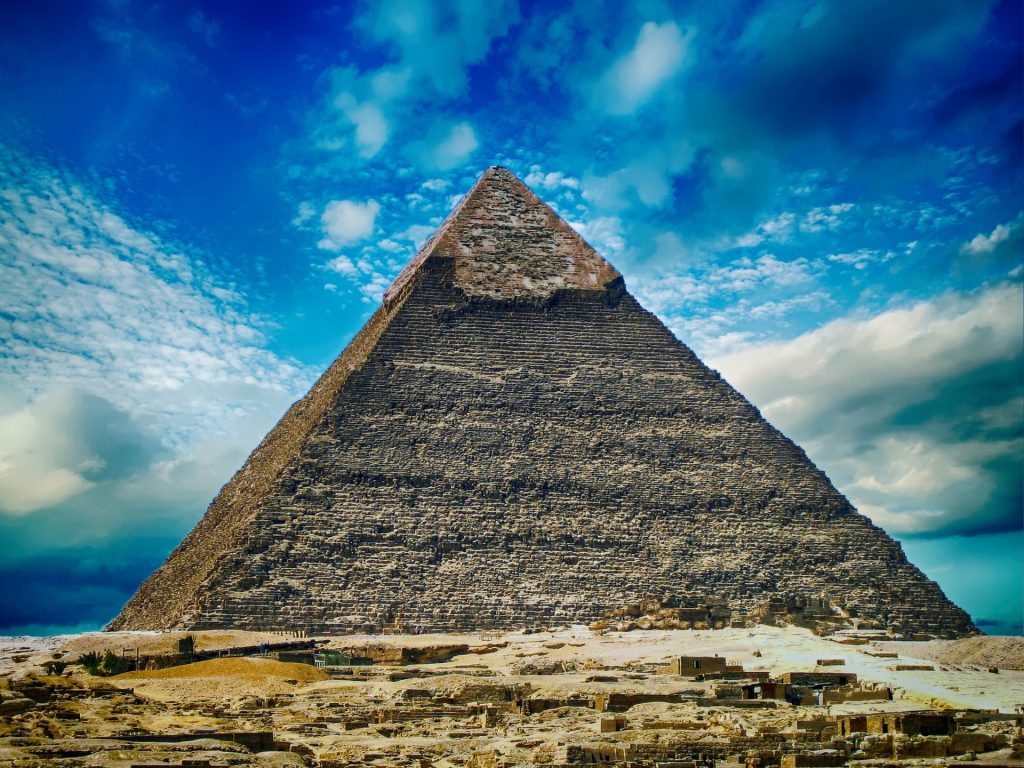
According to ancient Egyptian beliefs everyone, whether a king or a commoner, will be held accountable after death for their deeds in this life . To evaluate if a person was worthy of entering the afterlife, their heart was measured against the feather of Ma’at, which stood for truth, justice, and order. If the heart was full of sin, Ammit, the goddess, devoured it, and the soul was doomed to an eternity of death. However, if the departed had a pure heart, they were permitted to enter the afterlife and live forever in the fields of Aaru or the underworld
Ancient Iranian (Zoroastrian) Beliefs on the Afterlife
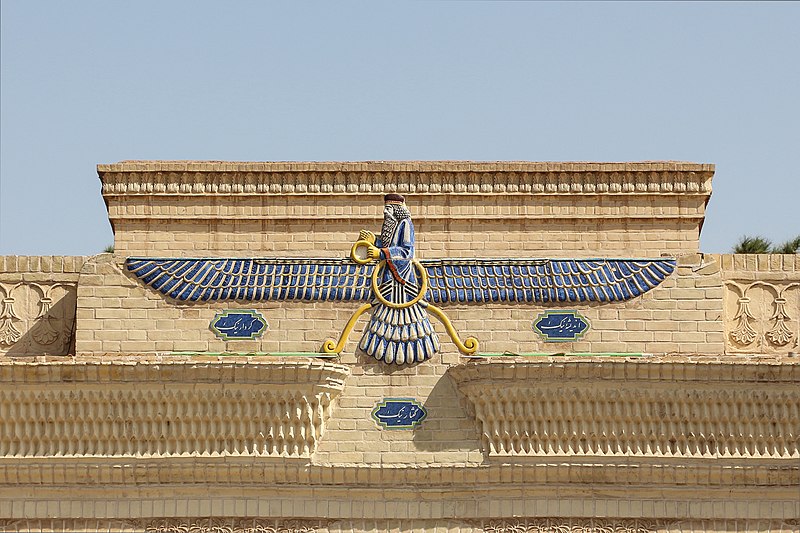
Two cosmic powers are at odds in the Zoroastrian faith founded by Zoroaster. There is good and evil in these. Zoroaster asserted that a person’s free will allows them to select either good or evil. Zoroaster encourages people to make moral decisions. The Zoroastrian commandments must be followed by everybody who makes the right decision. The individual can only assume their position in the cosmos in this way.
Ancient Greek Mythology’s View of the Afterlife

A polytheistic religious system is prevalent in Greek mythology. Greek mythology contains a variety of information concerning life after death. “Hades” is the name of the afterlife. Hades’ entrance is supposedly guarded by the three-headed dog “Kerberos,” and anyone who enters is unable to exit again. “Hermes” gives the departed person’s soul to Hades. Here, the spirits are judged. The innocent souls are transported to the gardens and meadows of Elysium by the ferryman “Kharon.” The heaven known as “Elysium” is situated on islands off the west coast of the planet. The residents of paradise compete in sports, play games, ride horses, and perform music here. These vibrant blooms can also be found in this heaven. The righteous and good enter this place to dwell forever. The judged spirits in Hades chastise those souls who are found guilty in various ways. The “Tartaros,” often known as hell, is a very deep and shadowy pit. The religions of the ancient Greeks taught that those who disobey God are cast into hell for all time. Additionally, those who harm their parents severely and later repent, those who are executed but have their sentence commuted, and those who commit suicide are all punished in Tartaros.
Native Americans’ Heaven and Hell
In the religions of the Native Americans of ancient America, a polytheistic belief system was dominant. It was believed that some gods were in the sky, while others were on or under the earth. The idea of heaven and hell after death was present in some of these tribal religions. For example, it was mentioned that the Aztecs had a concept of a world where there were nine underground worlds and 13 heavens above the earth.
Beliefs in Afterlife in Hinduism
Hinduism is a religion that places great importance on beliefs surrounding death and the afterlife. In Hinduism, death is seen as a critical part of the journey to attain oneness with Brahman, the supreme spirit. The belief in reincarnation, where the soul is reborn into another form, is central to Hindu views on death. The form the soul takes in its next life is determined by the person’s karma or deeds in their previous life.
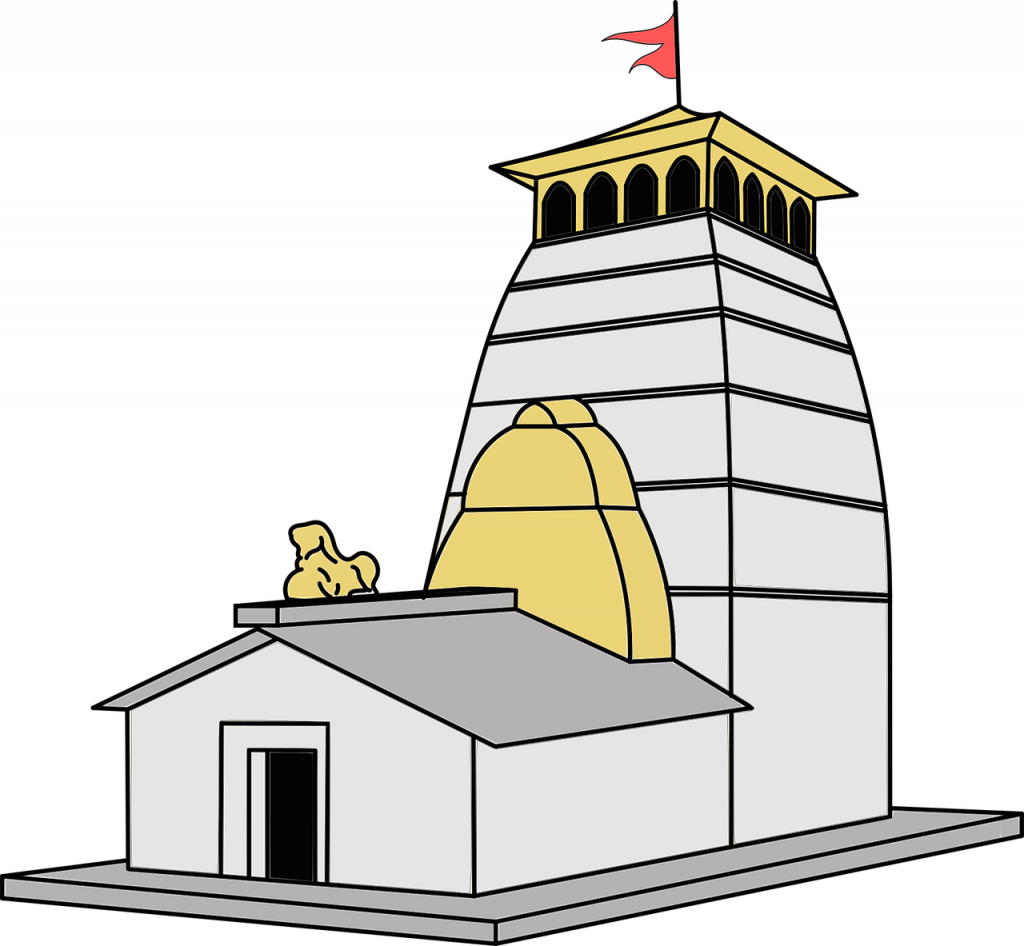
There is a belief in multiple realms or worlds that a soul can go to during its transition from death to rebirth. These realms include seven upper worlds and seven lower worlds. The upper worlds, such as Bhuh, Bhavah, and Swah, are places where righteous people go to enjoy rewards for their good deeds. The lower worlds, such as Atala and Patala, are places where evil people go to suffer for their deeds.
The concept of reincarnation is seen as an essential part of the Hindu belief system and the journey of the soul. On its journey, the soul strives to achieve oneness with Brahman, and it is believed that death brings the soul closer to this ultimate goal. The belief in reincarnation negates the need for a belief in ghosts or spirits, as the soul always has somewhere to go. In Hinduism, death is viewed in an optimistic light, as a celebration of the journey towards oneness with Brahman.
Beliefs in Afterlife in Buddhism
Buddhism believes in the immortality of souls and the concept of reincarnation, where the soul moves from one body to another and returns to the world. According to Buddhism, when righteous individuals die, they will enjoy in one of the celestial heavens with the gods, based on their degree of righteousness. This celestial happiness, however, is not permanent.

A person can stay in the celestial heaven for a short or long period, depending on their good deeds in life. Afterward, they will reincarnate into another body and return to the world. There is also mention of another heaven located on the peak of Mount Meru in Buddhism. Punishment for sinners after death in Buddhism is either by sending their soul back into the world in the body of a being they hated or by casting it into hell. Neither heaven nor hell are permanent in Buddhism, as they are part of the cycle of reincarnation. Hell serves as a place of redemption for sinners, and when souls break free from this cycle, they attain eternal life and happiness. Eternal salvation and happiness in Buddhism is achievable through reaching Nirvana.
Heaven and Hell in Judaism
In traditional Judaism, the afterlife is not a central focus of religious thought, and the exact details of what happens after death are not specified. It is believed that the soul leaves the body and goes to a place called Sheol, which is often described as a shadow realm, where all the dead reside. In this realm, the dead are believed to be in a state of sleep or unconsciousness, waiting for the coming of the Messiah and the eventual resurrection of the dead.

In the Messianic era, the dead will be resurrected and judged based on their deeds in life. The righteous will be granted eternal life in a state of physical and spiritual perfection, often referred to as Olam HaBa (the World to Come), while the wicked will be punished. The exact nature of this reward and punishment is not specified in traditional Judaism, but some later Kabbalistic and Hasidic texts describe an afterlife with different levels of reward and punishment, with heaven and hell as dual, opposing destinations.
It is also worth noting that for many Jews, the focus is on living a virtuous and meaningful life in this world, rather than worrying about what happens after death. The idea of making the world a better place and fulfilling one’s potential is seen as more important than speculating about the afterlife.
Christianity and Heaven and Hell

The idea of heaven and hell, as well as the afterlife, are essential to Christianity. The Hebrew Scriptures (Old Testament) are the first to describe an afterlife, but it is only in the New Testament that the ideas of heaven and hell are elaborated and given clear definitions.
Heaven, according to Christian doctrine, is where God resides and where the redeemed will spend all of eternity in perfect bliss and delight, enjoying God’s and all other saved souls’ company. The Bible speaks of it as a place of never-ending peace, joy, love, and light, devoid of pain, sin, or death. However, the Bible does not specifically describe what heaven will be like, and Christians have varied ideas of what it will resemble. Some think it will be a physical location, while others think it will be a condition of spirit.
Hell, on the other hand, is where people who have rejected Jesus as their Lord and Savior will spend all of eternity in torment. The wicked will be punished for their misdeeds for all eternity in this realm, which is described as being filled with darkness, fire, and pain. Hell is envisioned as a realm of torture with the purpose of serving as a warning to those who reject Jesus as their Lord and Savior and inspiring people to live a good life.
According to Christianity, a person’s decision to embrace or reject Jesus as their Lord and Savior will influence their destiny after death. Christianity is centered on the notion of salvation via believe in Jesus, and the conviction that there is an afterlife with either heaven or hell as the final destination is considered as a catalyst for leading a good life and sharing the gospel with others.
It’s crucial to remember that the details of heaven and hell, as well as what will happen in the afterlife, are unknown and unfathomable to us. Christians believe that in the end, God’s goals and plans for the afterlife will be disclosed and realized in his perfect order and wisdom.
In Islam, Heaven and Hell
Heaven in the Quran is the place where those who believe in Allah and listen to divine messages, lead their lives in an ethical manner and do good deeds for the benefit of humanity, are rewarded with eternal happiness. Heaven is the reward for the believers and it is a place filled with unique beauty that includes things that the eyes have not seen, the ears have not heard and the mind of man has not conceived. In heaven, everything is as per the desires of a person and whatever they wish for will be instantly available. There is no sickness, fear, or sorrow in heaven. People remain young and do not age, and life is eternal. There is no death and those who enter heaven will never leave and will continue to enjoy pleasure and comfort forever. The Quran describes heaven in detail in various verses and mentions that blessings will be bestowed upon the residents of heaven morning and evening. The blessings are unlimited but there is no feeling of hunger. There is also mention of sexuality in heaven. Those who do not believe in Allah, who do not follow His commandments, and who harm others will be punished in hell. In the Quran, Hell is the place where those who do not believe and those who believe but still sin will be punished with fire in the afterlife. Those who die without faith will remain there forever.

Those who believe but do not act in accordance with Allah’s commands and do not fulfill their religious duties will stay in hell for a certain period of time, after which they will leave and enter heaven. However, the infidels and hypocrites will remain in hell forever. Some interpretations suggest that there are seven gates of hell, based on the statement “there are seven gates for each group.” When thinking of hell, fire is the first thing that comes to mind. The Quran describes hell as a place surrounded by walls, with various torture chambers, and with guards. The main form of punishment is fire, and the tormentors are described as merciless, harsh, harsh, and very strong. The Quran states that there are 19 angels in charge of hell.
Conclusion
In conclusion, the belief in the hereafter, heaven, and hell is a fundamental aspect of many religions and is held by a significant portion of the world’s population. These concepts are often described as the ultimate reward or punishment for a person’s actions in this life and serve as a source of hope and comfort, as well as fear and caution. While the exact nature and description of these realms may vary among different cultures and traditions, the basic idea of a final judgment and ultimate destination after death remains consistent. Regardless of one’s personal beliefs, it is important to live a good life, treat others with kindness, and strive for personal growth and fulfillment, as these actions can lead to a brighter future, both in this world and beyond.
